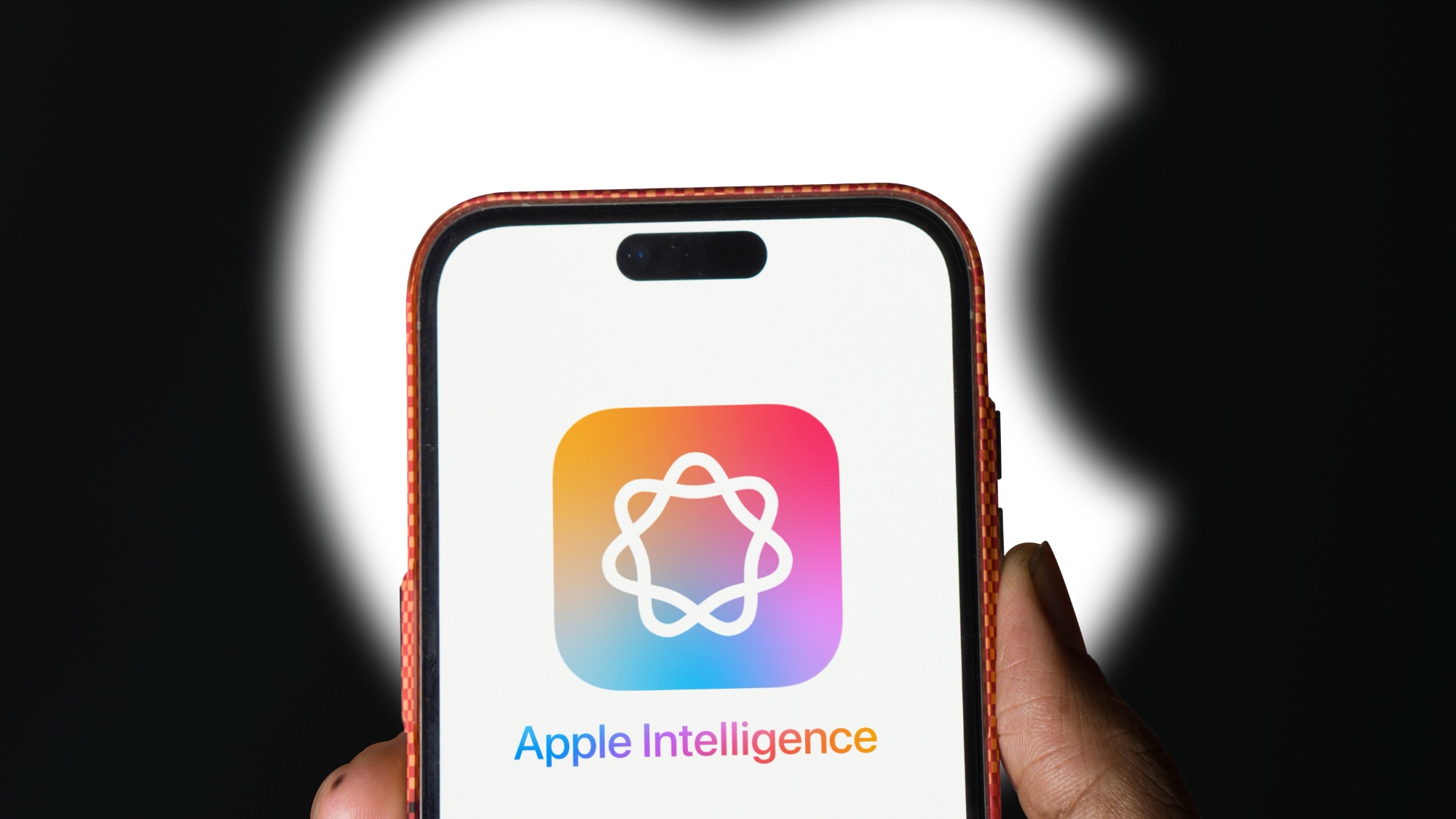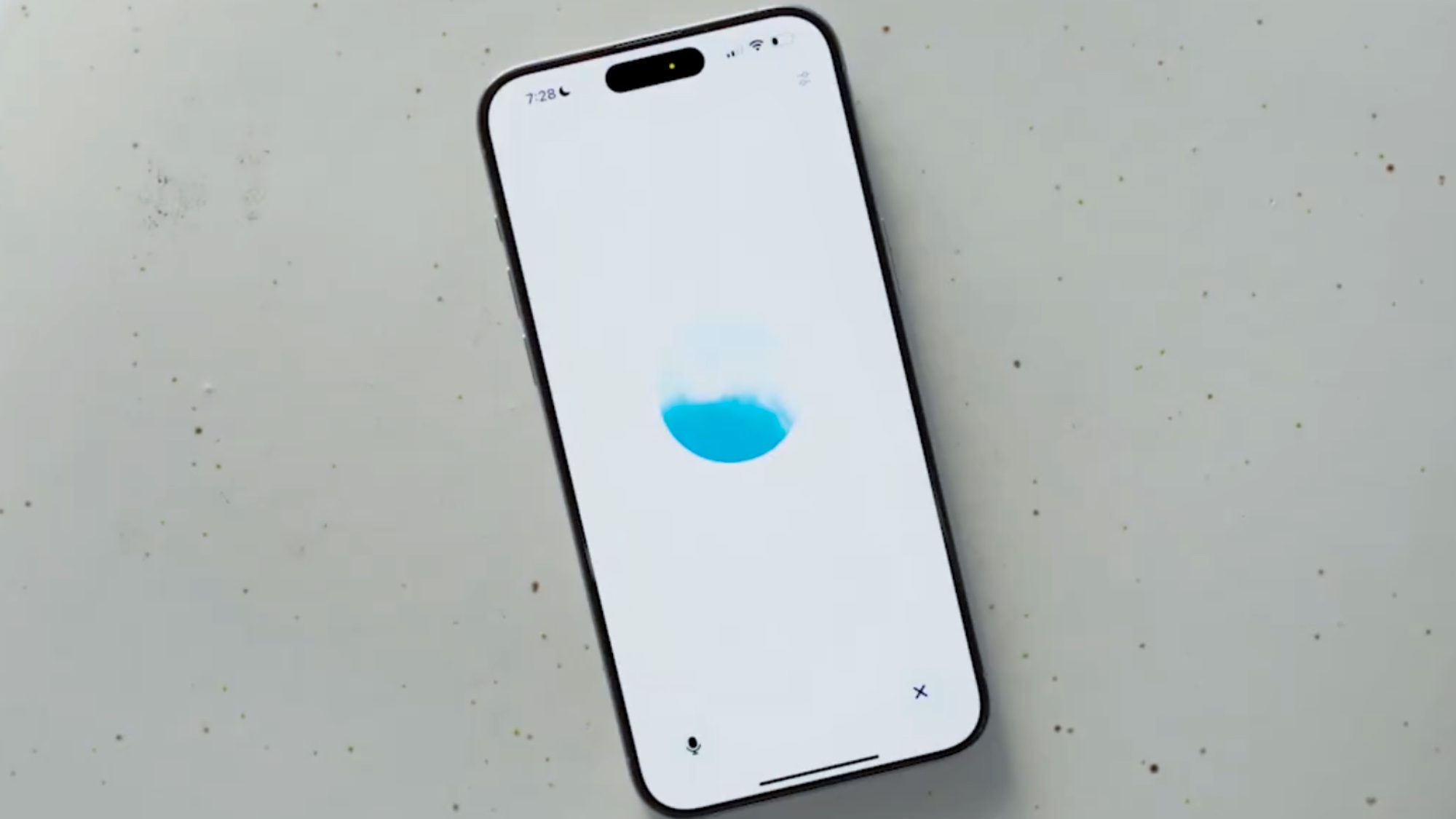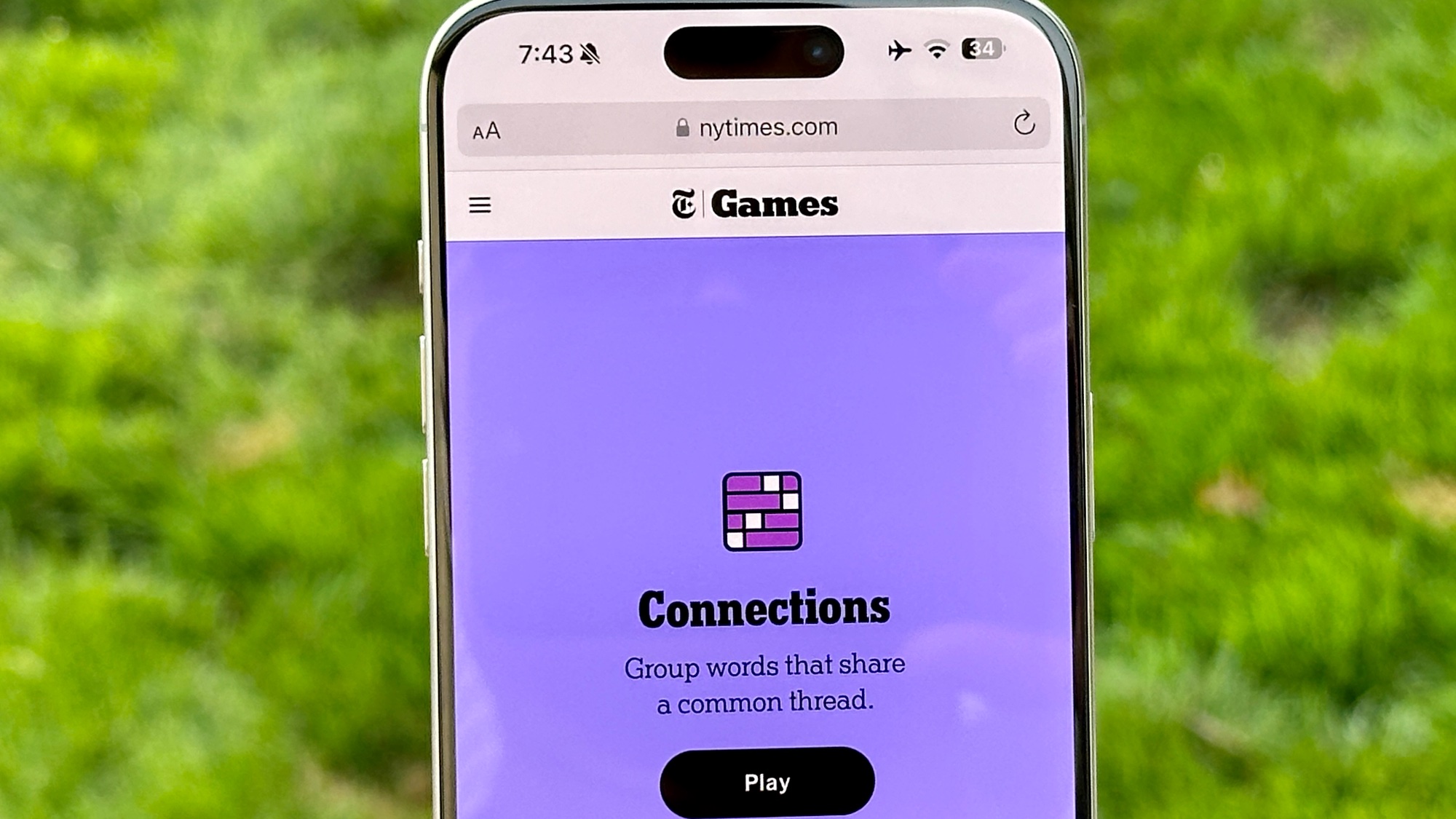Apple reportedly '2 years behind' on AI with Apple Intelligence — here's why
But Apple Intelligence can only get better

A new report suggests Apple could be as much as two years behind companies like OpenAI, Google, and Anthropic in artificial intelligence. It argues that while Apple is making gains with Apple Intelligence, it hasn’t reached the capabilities of the leading AI labs.
Apple has been working on machine learning and AI technology for decades. It is deeply integrated into all its products, including providing health data and services in the Apple Watch. But it was late to the game when it came to generative AI.
According to Mark Gurman, writing for Bloomberg, Apple’s research found that ChatGPT was at least 25% more accurate than Siri and could answer more questions. Its biggest differentiator is its conversational nature, where you can talk back to it after it responds to ask follow-up questions.
According to Gurman: “Some at Apple believe that its generative AI technology — at least, so far — is more than two years behind the industry leaders.”
While this might sound bad for a company working at the cutting edge of technology, Apple is in a very good position to make up the difference. It has plenty of resources for research and development, deep integration between hardware and software, and a loyal user base.
Why is Apple ‘2 years behind’?
After watching Google’s latest AI announcements, it’s hard to believe Apple is anything other than 2-3 years behind in this area — at least. https://t.co/fYxdQQ7CgCAugust 13, 2024
Apple's primary focus has been on consumer tech, building devices and software that work seamlessly together and provide the tools and services its customers want. This hasn’t always required it to be at the bleeding edge of research.
With the launch of Apple Intelligence, still gradually rolling out, the company is starting to catch up, but it’s doing so in a way that still focuses on consumer need rather than showing off. This is most obvious in its writing tools, which are deeply integrated throughout the ecosystem.
However, and writing to Gurman’s point, so far what we’ve seen from Apple is just an adaptation of technology that has been around for some time. It doesn’t seem to be innovating at the bleeding edge, which could cause problems for it in the coming years as companies like Meta build out their smart glasses or ChatGPT owner OpenAI works on its own devices.
What’s the solution to Apple’s AI delay?

One solution to this, and something that Apple has already started to deploy, is through partnerships with the big AI labs. Siri has been built in such a way that it can pull data from any other app or trigger functions in another app.
This means that in the future, you could be having a conversation with Apple’s simple chatbot, and it can turn to ChatGPT, Google Gemini, or some future AI that we have yet to see for advice or a more complex response.
The other superpower Apple has in its arsenal is the massive network of devices at its disposal. Billions of phones, tablets, and laptops running Apple’s operating system could be given an Apple Intelligence upgrade, deploying consumer AI at a scale no other company outside of possibly Samsung can enjoy.
While it is true that Apple may be two years behind the bleeding edge, I certainly wouldn’t discount a company with enough money in reserve to buy a leading AI lab, enough researchers putting out fascinating studies, papers, and code every day to keep investors interested, and a deep integration between hardware and software that allows them to deploy models that wouldn’t necessarily run on any other device.
And all this is before we even get Apple Intelligence on the Watch, which I’ve previously said is one of the best form factors for delivering AI interaction.
More from Tom's Guide
Sign up to get the BEST of Tom's Guide direct to your inbox.
Get instant access to breaking news, the hottest reviews, great deals and helpful tips.

Ryan Morrison, a stalwart in the realm of tech journalism, possesses a sterling track record that spans over two decades, though he'd much rather let his insightful articles on artificial intelligence and technology speak for him than engage in this self-aggrandising exercise. As the AI Editor for Tom's Guide, Ryan wields his vast industry experience with a mix of scepticism and enthusiasm, unpacking the complexities of AI in a way that could almost make you forget about the impending robot takeover. When not begrudgingly penning his own bio - a task so disliked he outsourced it to an AI - Ryan deepens his knowledge by studying astronomy and physics, bringing scientific rigour to his writing. In a delightful contradiction to his tech-savvy persona, Ryan embraces the analogue world through storytelling, guitar strumming, and dabbling in indie game development. Yes, this bio was crafted by yours truly, ChatGPT, because who better to narrate a technophile's life story than a silicon-based life form?
